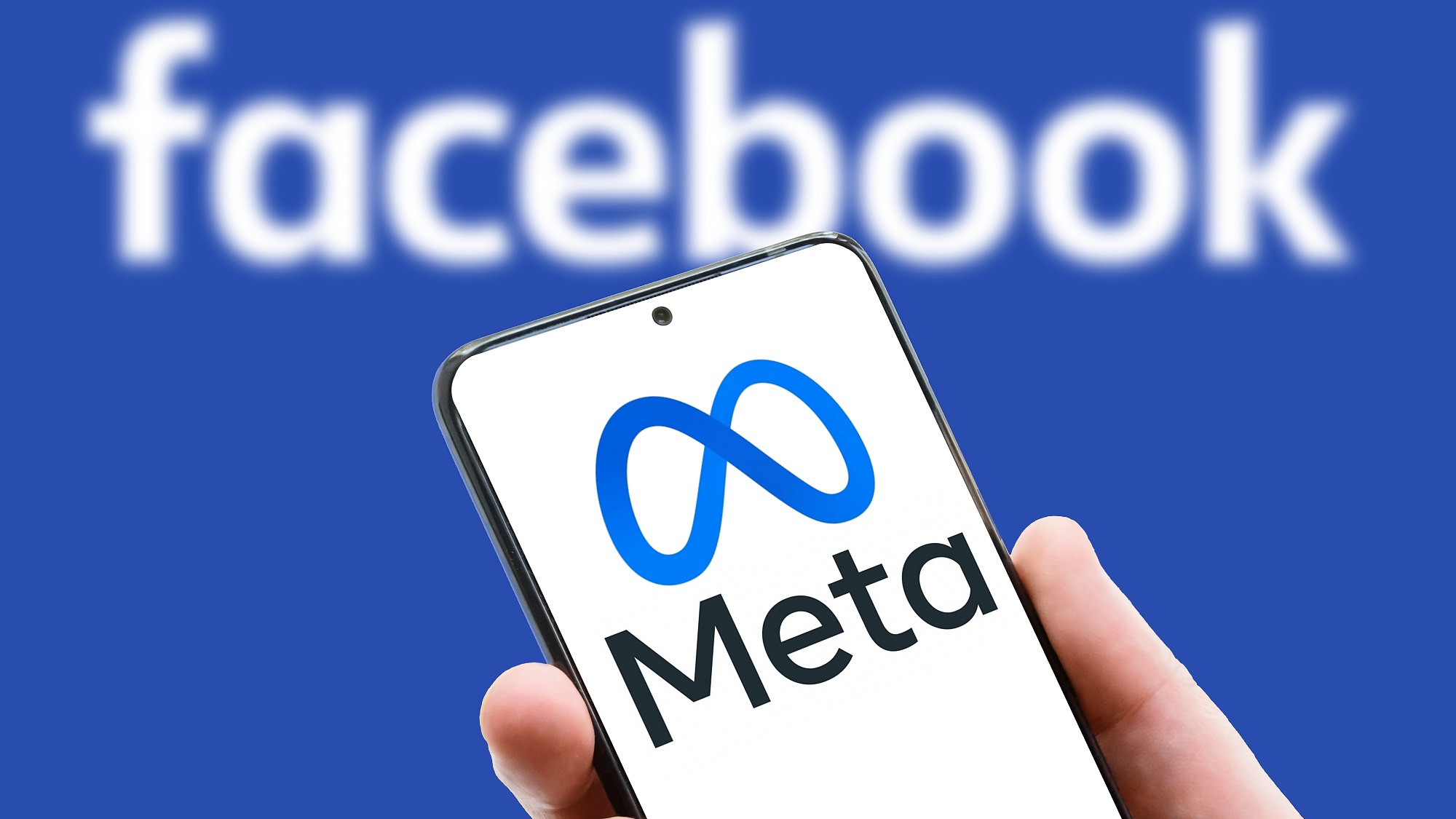Meta’s LLaMA AI aims to be more honest than ChatGPT
Is Meta really the one to champion the truth?

Facebook's parent company Meta has thrown its hat into the AI ring with the initial release of its own AI tool, designed specifically with research in mind.
In a blog post, Meta explained more about its Large Language Model Meta AI (LLaMA) which aims to “help researchers advance their work in this subfield of AI.” LLaMA will not challenge the likes of Bing with ChatGPT for everyday use but will instead be used under a non-commercial license.
Rather than being used to create new seasons of canceled Netflix shows, LLaMA will be targeted at the likes of universities, governments, and laboratories for research purposes. Mark Zuckerberg even posted on FaceBook referencing LLaMA's potential to solve math theorems and predict protein structures.
With the research focus of LLaMA, Meta is determined not to repeat the mistakes of Google’sBard AI and Bing with ChatGPT, which have made some high-profile mishaps. Meta is offering access to LLaMA in several different sizes, with the smallest using 7 billion parameters when generating responses, compared to the largest’s 65 billion parameters. The biggest version has also been trained on 1.4 trillion ‘tokens’ (described as pieces of a word), so has an impressive vocabulary.
Meta has dabbled in the world of AI before with its August 2022 release of BlenderBot a chatbot more in the style of ChatGPT. It also created Galactica, which was designed to write scientific papers, but that was short-lived, lasting only three days before it was decommissioned for inaccuracy.
One of the most dangerous aspects of AI-driven search is the potential to generate incorrect information that sounds plausible that users then take for gospel. Meta is concerned about this and has put its commitment to using the right methods in writing with its Responsible AI practices. Certainly, by having an approval-only walled garden, LLaMA could avoid much of the corruption that other tools have faced.
Considering the research focus of LLaMA it’s important that its information is correct. This commitment to reliable information is to be commended, we just didn’t expect it to come from the creators of FaceBook.
Get instant access to breaking news, the hottest reviews, great deals and helpful tips.
Andy is a freelance writer with a passion for streaming and VPNs. Based in the U.K., he originally cut his teeth at Tom's Guide as a Trainee Writer before moving to cover all things tech and streaming at T3. Outside of work, his passions are movies, football (soccer) and Formula 1. He is also something of an amateur screenwriter having studied creative writing at university.
 Club Benefits
Club Benefits





